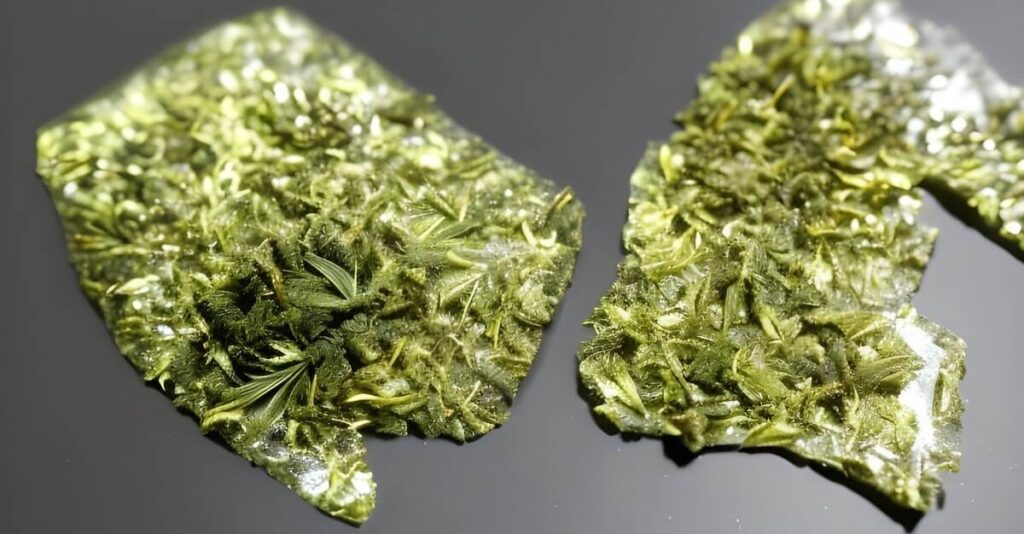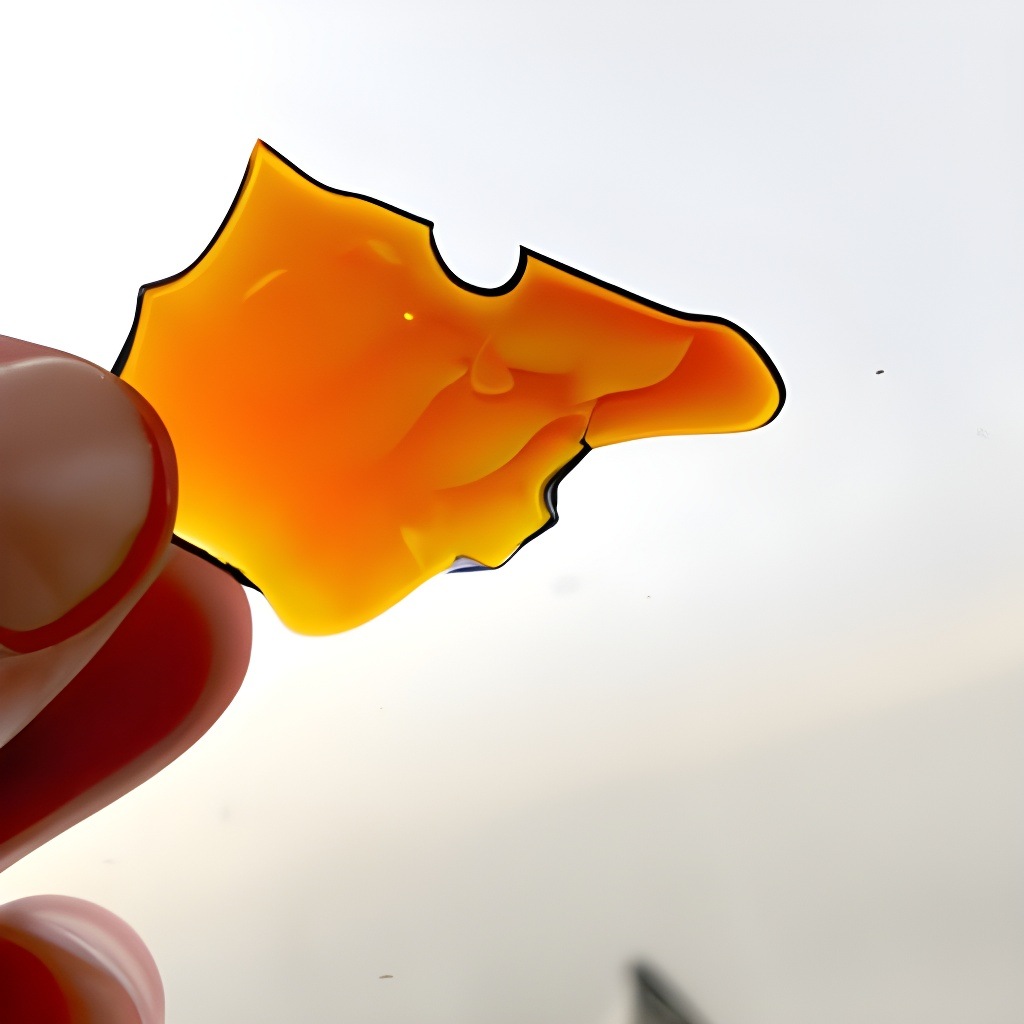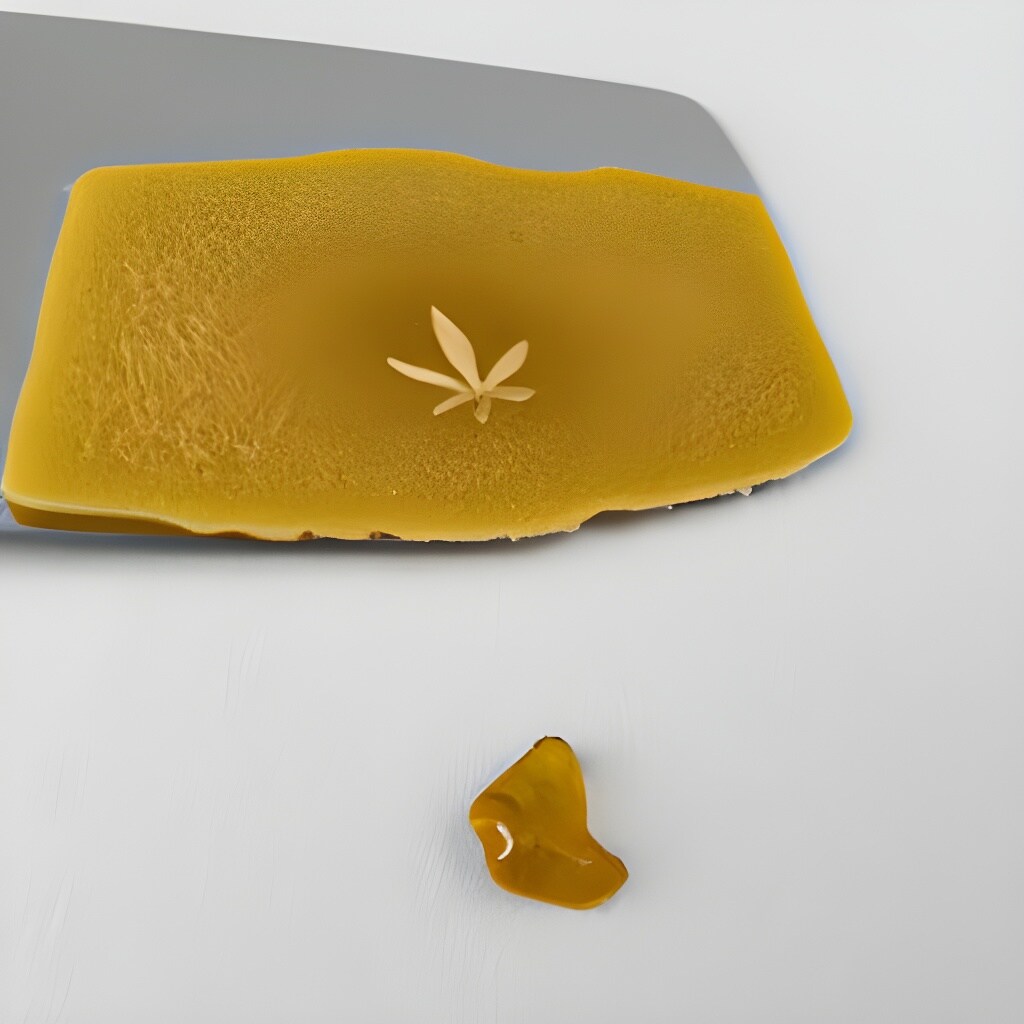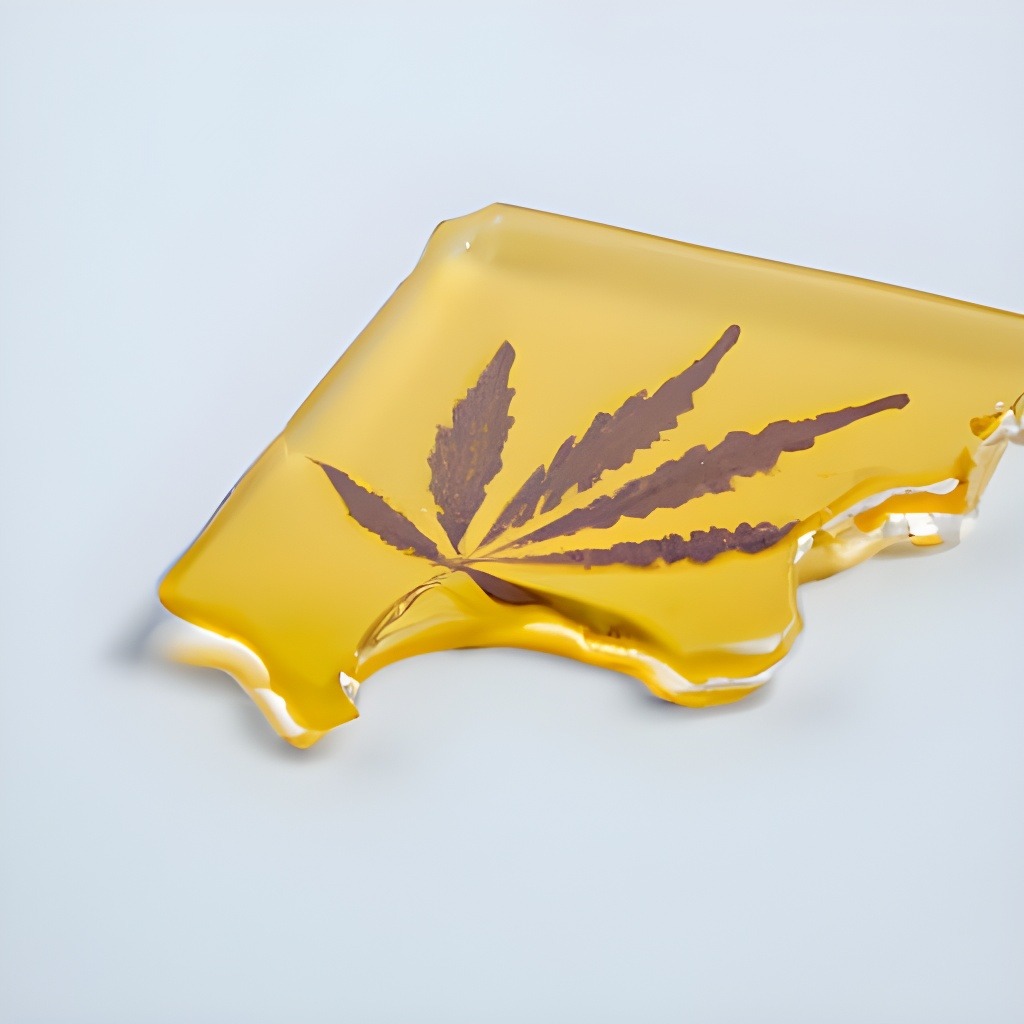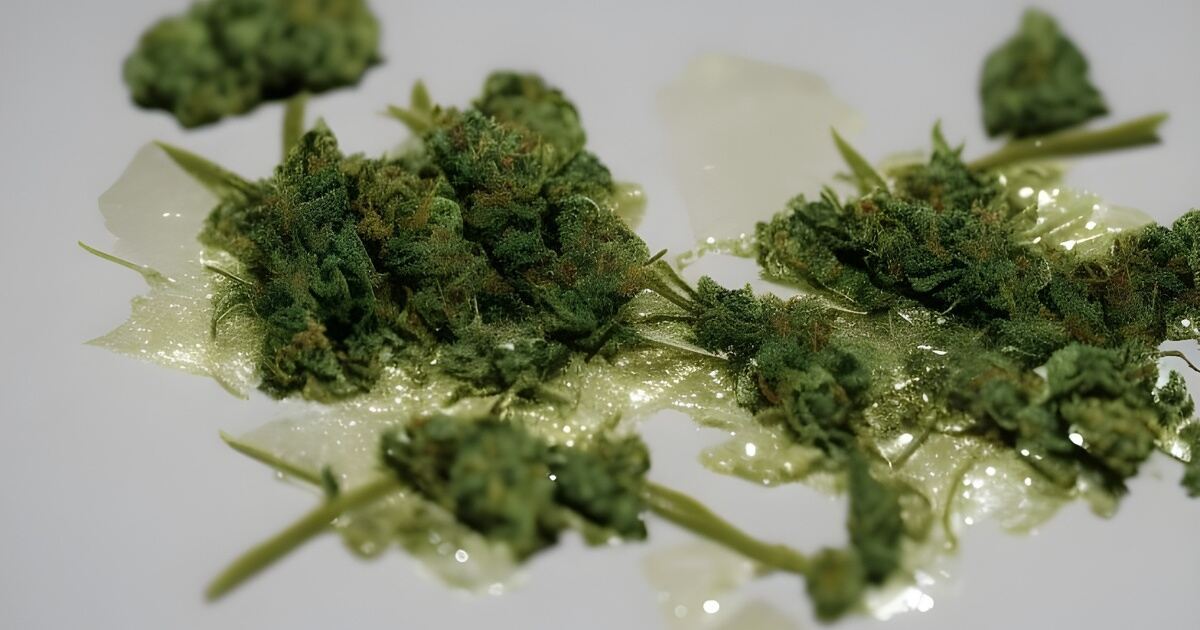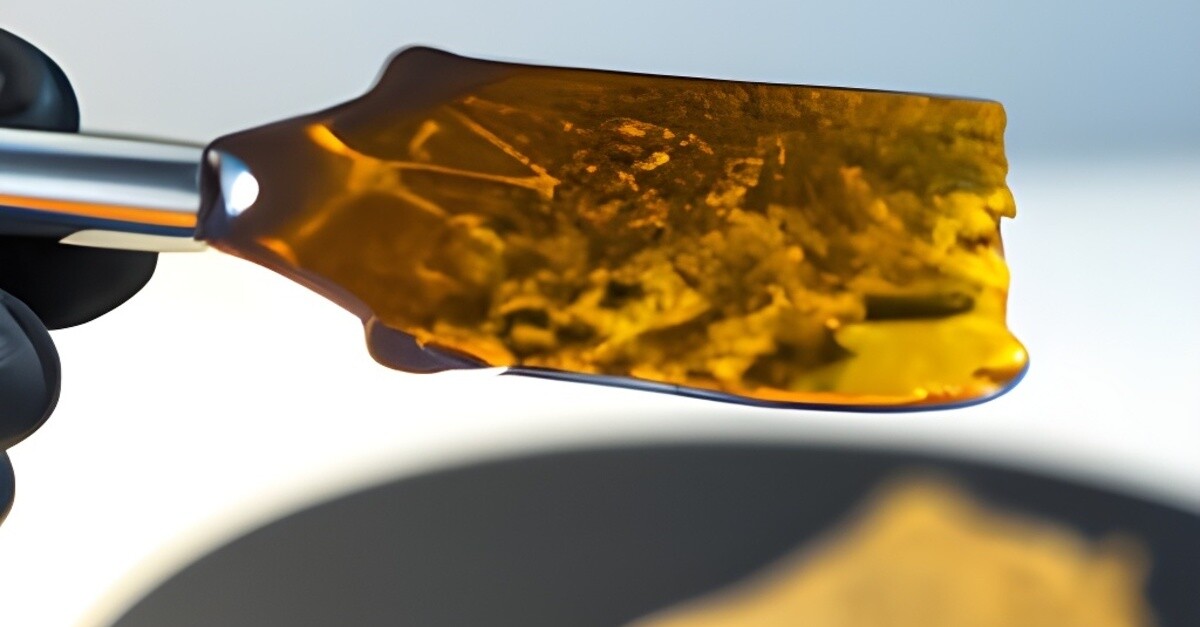As cannabis becomes more widely accepted and legalized in Canada, new forms of consumption have emerged. One such form is shatter, a potent cannabis concentrate that has recently gained popularity. However, the legality of shatter can be confusing, with different rules and regulations varying from province to province.
In this blog post, we will explore the legal status of shatter in Canada, including possession limits, purchasing restrictions, and possible changes to the laws in the future. Whether you’re a seasoned cannabis user or new to the scene, it’s essential to understand the facts about shatter and its legal status in Canada.
What is Shatter?
Shatter is a form of cannabis concentrate that is becoming increasingly popular in Canada. It is known for its high potency and unique texture. Making shatter involves extracting THC and other cannabinoids from the cannabis plant using solvents like butane or CO2.
This process creates a highly concentrated substance that purges any remaining solvents. It becomes brittle and easily breaks into pieces, like glass.
Due to its high concentration of THC, shatter is known for its potent effects and is often used by experienced cannabis users. Shatter can produce a quick and powerful high lasting for hours when smoked or vaporized. For this reason, shatter is often consumed in small amounts and with caution.
The production of shatter can be dangerous and should only be performed by experienced individuals with the proper equipment and safety precautions. Solvents like butane can be highly flammable and cause explosions if improperly handled. Purchasing shatter products from licensed and regulated sources is important to ensure their safety and quality.
Furthermore, shatter’s versatility adds to its potency and unique texture. The product can be consumed in various ways, such as smoking, vaping, and dabbing. Shatter is heated using a special rig and inhaled through a vaporizer when dabbed, producing a quick and intense high.
Overall, shatter is a highly concentrated and potent form of cannabis that is sought after by many Canadian cannabis users.
However, it is vital to understand the local laws and regulations surrounding shatter to consume it safely and legally. Additionally, purchasing shatter products from reputable and licensed sources is important to ensure their quality and safety.
Is Shatter Legal in Canada?
The legality of cannabis shatter in Canada is not straightforward and can vary depending on the province. Here are some points to keep in mind when considering the legality of cannabis shatter in Canada:
- Extraction and production of cannabis shatter are illegal in Canada without a license.
- Possession of cannabis shatter is legal in Canada for adults 19 years and older, but the amount a person can possess varies by province.
- In most provinces, the maximum amount of cannabis shatter an adult can legally possess is 30 grams.
- It is illegal to sell cannabis shatter in Canada without a license. Purchasing cannabis shatter from an unlicensed seller is also unlawful.
- Licensed cannabis retailers can sell cannabis shatter in some provinces, but not all.
- Cannabis shatter is considered a controlled substance in Canada, and possessing more than the legal limit can result in fines or criminal charges.
- Public consumption of cannabis shatter is illegal in Canada, and driving under the influence of cannabis shatter is also unlawful.
- The laws surrounding cannabis shatter in Canada are subject to change, and it’s essential to stay up to date with the latest regulations in your province to avoid legal trouble.
While cannabis shatter is legal for possession in Canada, producing or selling without a license is illegal. The amount of cannabis shatter that can be possessed legally varies by province. It is important to be aware of the laws and regulations in your specific location to avoid any legal issues.
Are There Restrictions on Possession and Use of Shatter?
Yes, certain restrictions exist regarding possessing and using cannabis shatter in Canada. Here are five crucial points to keep in mind:
- Possession Limits: In most provinces, possession limits for cannabis shatter are the same as those for dried flower cannabis, which is currently set at 30 grams. However, it is important to note that these limits can vary depending on the province, so it is always a good idea to check your local laws.
- Purchasing from Licensed Retailers: To legally possess cannabis shatter in Canada, it must be purchased from a licensed retailer. You must be of legal age (19 or older in most provinces) and be able to prove that you bought it from an authorized retailer.
- No Public Consumption: Cannabis shatter, like all other forms of cannabis, cannot be consumed in public places or parks. It would be best to consume it in private spaces like your home.
- No Driving Under the Influence: It is illegal to operate a vehicle under the influence of cannabis shatter, as it impairs your ability to drive safely. If caught, you could face severe fines or even criminal charges.
- Restrictions on Traveling with Cannabis: If you plan to travel with cannabis shatter, you must check the laws of the province or country you are traveling to. Some places have strict regulations regarding the possession of cannabis products, and it is best to avoid any legal issues by researching beforehand.
Is it Possible to Buy or Sell Shatter within Canada?
When buying or selling cannabis products like Shatter in Canada, it is vital to understand the legal restrictions.
This applies to all types of cannabis products, whether for recreational or medical use and regardless of whether it is sold online or in person.
Consumers need to purchase legal cannabis products from authorized retailers to avoid any legal issues. The federal government of Canada regulates the sale of cannabis products through licensed retailers.
Consumers can purchase shatter from these authorized retailers as long as they are of legal age (19 or older in most provinces) and can prove that they have purchased the product from a licensed seller.
You may face significant legal consequences if you purchase or sell shatter from an unlicensed seller. It is crucial to remember that the laws surrounding cannabis products, including shatter, can change anytime. Therefore, it is essential to stay current on any changes that may impact the legality of shatter.
Here are some essential things to keep in mind when it comes to buying and selling shatter in Canada:
- Only licensed retailers are authorized to sell cannabis products, including shatter.
- Consumers must be of legal age (19 or older in most provinces) to purchase shatter from authorized retailers.
- It is illegal to purchase or sell shatter from unlicensed sellers, and those who do so may face significant legal consequences.
- Laws surrounding cannabis products, including shatter, are subject to change, so it is crucial to stay current on any legal developments that may impact the legality of shatter.
What Legal Changes Could Impact the Status of Shatter Law in Canada?
Several legal changes could impact the status of shatter law in Canada, including:
- Provincial laws: Changes to local laws could also affect the legal status of shatter. For example, a province may decide to increase or decrease possession limits or restrict the use of shatter in specific public spaces.
- Criminal law: The criminal law regarding cannabis possession and use may also change, which could impact the legal status of shatter. For example, if penalties for cannabis possession are reduced or eliminated.
- Public opinion: As public opinion on cannabis continues to shift, lawmakers may be influenced to change the legal status of shatter. If more people view cannabis use as a legitimate recreation or medicine, shatter will likely become more widely accepted.
- International treaties: Finally, it is essential to note that Canada is a signatory to several international treaties that restrict the use and sale of cannabis. Changes to these treaties could impact the legal status of shatter in Canada and may require the country to renegotiate its position on cannabis legalization.

